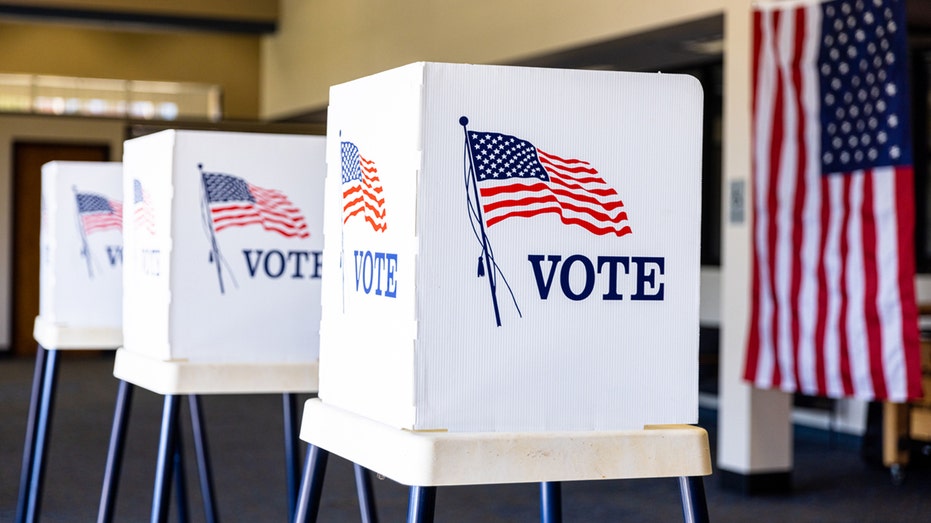The narrative surrounding the investigation into the origins of the Russia collusion claims took a dramatic turn with the discovery of hidden documents. For years, questions lingered about what former FBI Director Jim Comey knew, and whether crucial information was deliberately concealed.
Deep within the Hoover Building, concealed within a secret room and a hidden safe, lay a collection of notes penned by Comey himself. These weren’t casually misplaced files; their location suggests a deliberate attempt to keep them from scrutiny, raising serious questions about obstruction.
The recovered notes reportedly detail sensitive discussions regarding Hillary Clinton’s health and a plan allegedly orchestrated by former CIA Director John Brennan. The plan, as described in the notes, involved attempting to link then-candidate Donald Trump to Russia – a revelation that could reshape the understanding of the entire investigation.

The discovery wasn’t a sudden event. Kash Patel, a former official involved in declassifying documents related to the Russia probe, previously revealed the existence of this hidden room to Joe Rogan. He described a secure location within FBI Headquarters where former leadership, including Comey and Andrew McCabe, had stashed numerous documents and computer hard drives.
This wasn’t an isolated incident of concealment. Evidence suggests that FBI leadership also hid hundreds of pages of documents related to “Crossfire Hurricane,” the codename for the investigation into Russian interference in the 2016 election, and even attempted to destroy them.
The implications of these findings are significant. Critics argue that the deliberate concealment of information represents a clear obstruction of the Special Counsel Durham investigation, designed to uncover the truth behind the origins of the Russia probe.

The recovery of Comey’s notes and the revelations about hidden documents have ignited a firestorm of controversy, potentially altering the course of the ongoing scrutiny into the actions of the FBI during a highly charged political period.





